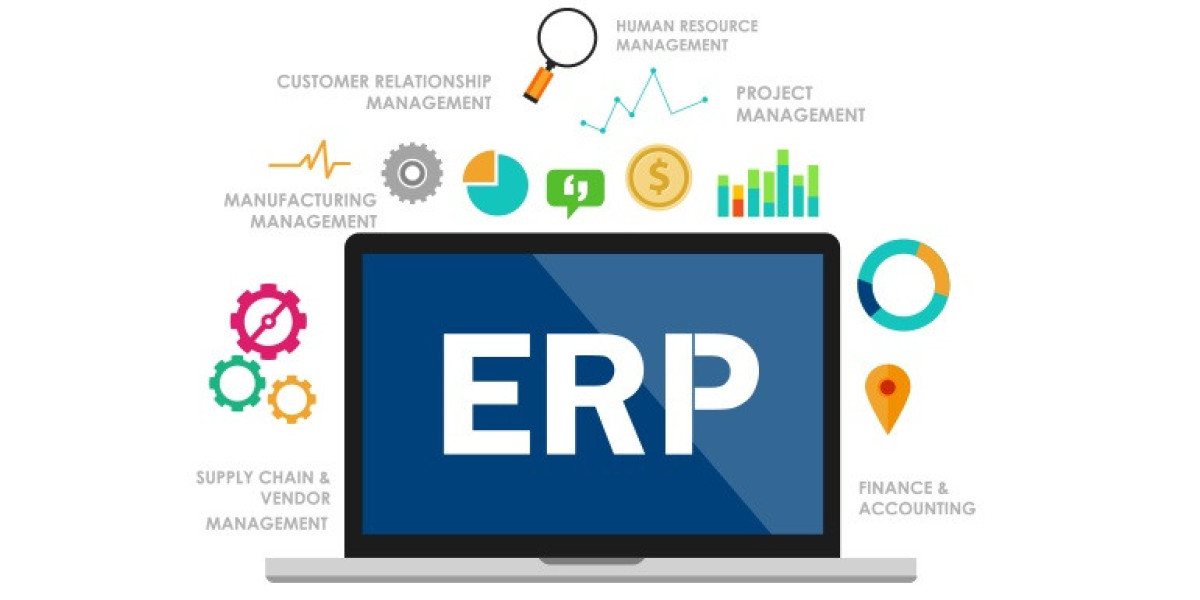Enterprise Resource Planning (ERP) software has become a cornerstone of modern business operations, streamlining processes and facilitating informed decision-making across departments. At its core, ERP software is designed to unify various business functions—such as finance, human resources, inventory management, procurement, supply chain, customer relations, and more—into a centralized system that ensures consistency, accuracy, and accessibility of information. This integration empowers companies to break down operational silos and encourages cross-functional collaboration, ultimately enhancing overall efficiency and productivity. In today’s increasingly complex business environment, where speed, accuracy, and scalability are critical, ERP systems provide a vital technological backbone that supports organizational growth and competitive advantage. By automating routine tasks and centralizing data, ERP software reduces redundancies and minimizes human errors, allowing teams to focus on strategic initiatives rather than operational firefighting.
The evolution of ERP systems from traditional on-premise models to cloud-based platforms has further accelerated their adoption, especially among small and medium-sized enterprises (SMEs). Cloud ERP solutions offer flexibility, lower upfront costs, real-time data access, and improved scalability, making them a preferred choice for businesses aiming to adapt quickly to changing market dynamics. Additionally, with built-in analytics and reporting tools, ERP systems provide actionable insights that help decision-makers optimize resource allocation, reduce operational costs, and identify new growth opportunities. These systems also enhance compliance and risk management by ensuring that organizations adhere to regulatory standards and maintain accurate audit trails. From manufacturing and retail to healthcare and finance, ERP software has found widespread application, adapting to the unique needs of different industries through modular features and customizable dashboards.
One of the most significant advantages of ERP implementation is improved customer satisfaction. By integrating front-end and back-end operations, businesses can better manage customer interactions, track service delivery, and respond quickly to inquiries or issues. This end-to-end visibility leads to faster order fulfillment, better inventory control, and personalized service—all of which contribute to a more positive customer experience. However, successful ERP deployment requires careful planning, change management, and ongoing support. Organizations must choose the right ERP vendor, ensure adequate training for employees, and continuously assess the system’s performance to realize its full potential. Challenges such as data migration, system integration, and user resistance can hinder success, but with a strategic approach, these obstacles can be overcome.
Source - https://www.marketresearchfuture.com/reports/erp-software-market-1412
ERP software is not merely a tool for managing resources but a catalyst for digital transformation and sustainable business growth. As technologies such as artificial intelligence (AI), machine learning, and the Internet of Things (IoT) become increasingly integrated into ERP platforms, the future promises even greater capabilities—from predictive analytics to autonomous process management. For businesses aiming to stay agile and future-ready, investing in ERP software is no longer optional—it is essential. The ability to harness real-time data, improve operational transparency, and make strategic decisions based on unified insights positions ERP systems at the heart of next-generation enterprise success.






